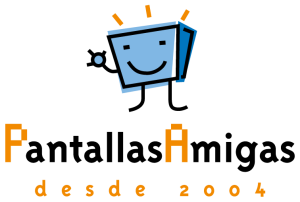The Spanish National Police Force (Policía Nacional – PN) find their origins in 1824. Since them, it has been growing up to become in 1986 as the updated and specialized police force that it is in the present day. Currently, it is almost 70.000 police officers with competence in all the Spanish territory.
Within the Headquarters of Public Security and Safety of the Spanish National Police be found the Community Policing Central Unit. Its main purpose is to manage relationships between citizens and Police and also promote, monitor and evaluate prevention actions through the coordination of their Community Policing Services distributed throughout the Spanish national territory, except in Catalonia and the Basque Country regions.
Besides this, its other main objective is to promote the implementation of prevention plans for vulnerable groups in society. One of the prevention plans that structure the Community Policing Central Unit is the so-called “Master Plan for Coexistence and Improvement of Safety in Schools and their Environments”, in charge of the protection of children and youth through the prevention of any kind of risk that may affect minors, as for example the well known nowadays dangers of the Internet through, among other actions, educational and informative activities.








